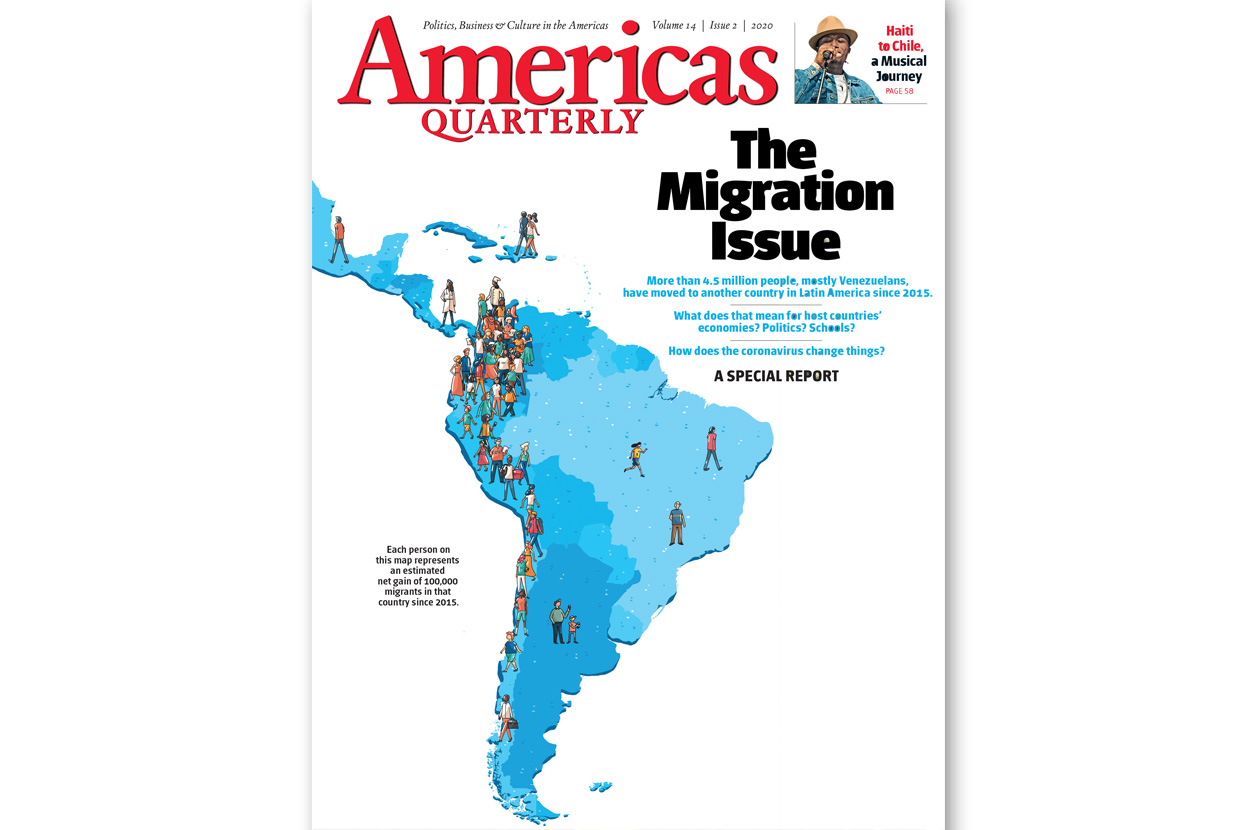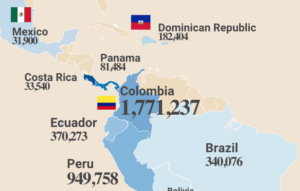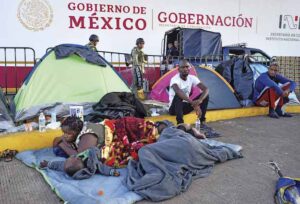This article is adapted from AQ’s special report on migration | Leer en español | Ler em português
Even before the coronavirus hit, Latin America was struggling to cope with an unprecedented challenge — to its economies, healthcare systems and societies at large.
More than 4.5 million Latin Americans have migrated elsewhere in the region since 2015. The numbers are truly staggering, and the cover of this issue is also an infographic showing where most of these migrants have traveled. The vast majority are Venezuelans fleeing their country’s ongoing tragedy, but Guatemalans, Nicaraguans, Haitians and others have also been on the move. Polls suggest most migrants intend to stay in their new homes — even if the situation back in Caracas or Port-au-Prince unexpectedly improves.
For the most part, the response from host countries has been generous — in a region far more accustomed to sending migrants than receiving them. Many Latin American governments have granted temporary visas or work permits, put extra shifts in schools to accommodate new arrivals, and publicly urged tolerance. As a New York-based publication, we cannot help but notice the contrast with the United States, and express our admiration.
Even so, the strains are clear, and growing.
This special report shows how host countries are dealing with this “Great Migration” — in schools, in the workplace, and beyond. Many migrants have college or technical degrees, or other skills sorely missing in their new homes. They have also brought welcome contributions to food and music. The risk is that these positive contributions and the general goodwill of recent years will now be forgotten as COVID-19 unleashes a terrible recession and increased competition for hospital beds and other public services.
Indeed, polls were already showing a backlash. A poll in December showed 62% of Colombians don’t want any more Venezuelans to join the estimated 1.7 million already living there. Fifty-two percent of Peruvians say they fear Venezuelans, up from 24% in 2018. Some politicians are already seizing on this xenophobia, urging an end to visas and programs for migrants.
But such policies usually force migrants to recede further into the shadows, not leave entirely, as the U.S. experience shows. That would cause even bigger damage to economies — and public health amid a pandemic. The last thing Latin America needs is the creation of a new permanent class of vulnerable people. The region’s generosity has been impressive; now is the time for more of it, not less.






















